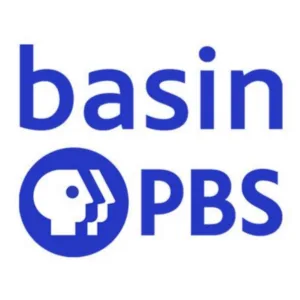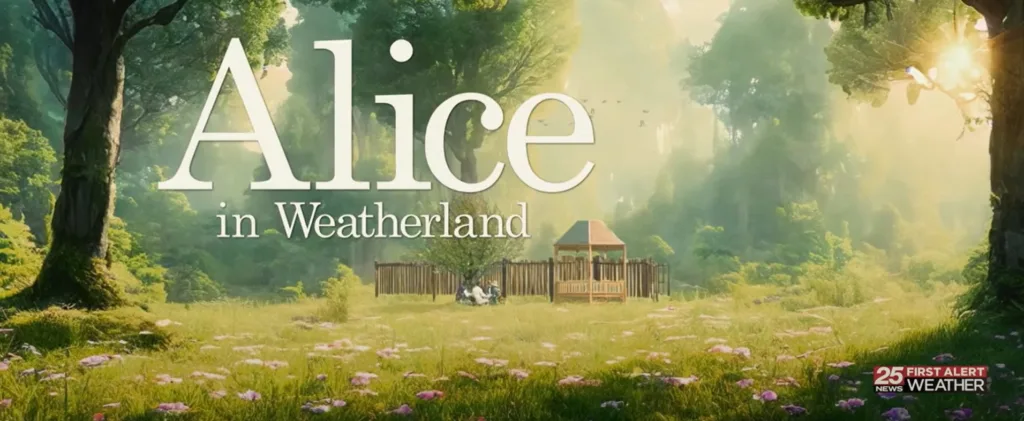At a Monday NAB Show panel on how — and whether — to regulate online video, there was no consensus. Broadcasters are on different sides of the issue, with affiliates favoring reclassifying some online linear video as MVPDs and network owners opposing the move. And online video services also disagree about what the FCC should do.
Little Agreement On What Makes An MVPD
You don’t see the expected programmers versus distributors divide in the emerging debate over the whether the FCC should regulate linear online video just as it does cable and satellite TV.
During a Monday afternoon session at the NAB Show, broadcasters were split, online services were split and FCC Commissioner Ajit Pai, who moderated the panel, was all ears.
Launched last December, the notice of proposed rulemaking opens the door to reclassify some linear online services, a burgeoning business for both programmers and distributors, as multichannel video program distributors (MVPDs).
The comment period closed last week, but the debate is just beginning as more services like Sling TV and Sony Playstation Vue offer alternatives to cable and satellite bundles. Commissioner Pai said the comments received at FCC didn’t point to any single approach.
Broadcasters have come out on different sides of the issue, with affiliates favoring reclassifying some online linear video as MVPDs and network owners opposing the move.
“I’m up to my eyeballs in OTT deals,” said Amy Tenbrink, SVP of business affairs at Univision. “I’m struggling with the idea of regulating at this point.” Tenbrink added that it would be “hard to create a framework when you don’t know what the problem is.”
Taking the affiliate side, a position that is supported by the NAB, Jennifer Johnson, a partner with Covington and Burling, argued that the rulemaking could establish the right of local broadcasters to control the distribution of their signals.
“It will provide clarity by establishing the reciprocal benefit of retransmission consent,” Johnson said. “It’s important to make this distinction to avoid future abuses … and it will help the distribution of local broadcast,” she added.
Online video services also disagree about what the FCC should do. While Amazon has come out strongly against the rulemaking, others, like FilmOn, an Aereo-like service, believe redefinition is necessary to bring more programming to consumers.
“We’re here to help broadcasters see what solutions there can be for them online. Having this classification can expand those opportunities,” said Kyle Borg, co-founder and president of BiggyTV, an online video service.
Cable companies strongly oppose the rulemaking, arguing not only that the FCC lacks the statutory authority to redefine online services as MVPDs, but that online video services don’t provide transmission services to the consumer the way cable and satellite do.
“It’s a bad idea. We have a competitive, vibrant market developing here,” said Rick Chessen, SVP, law and regulation for the NCTA. “It would be a mistake to overlap government regulation on that,” he said.
While those in favor of the redefinition focus on the benefits, Chessen claimed they’re ignoring many of the obligations that come with being an MVPD, such as closed captioning, emergency alerts and EEO requirements.
Other panelists disagreed, saying that online video services should not be subject to all the same regulations as cable and satellite services. Johnson said there should be some modifications to take into account the different technology.
The FCC will have to face other thorny issues associated with redefinition of online video, including what would define an online service as an MVPD (such as number of channels) and how to handle the compulsory copyright licenses, the province not of the FCC, but of the Copyright Office.
Read TVNewscheck’s other NAB Show policy coverage here. Find our full convention coverage here.




































Comments (0)